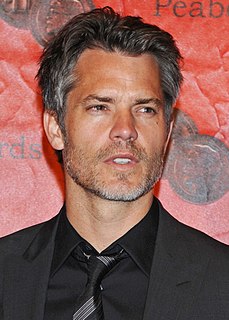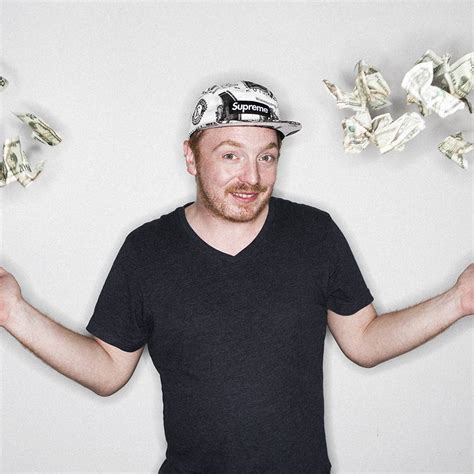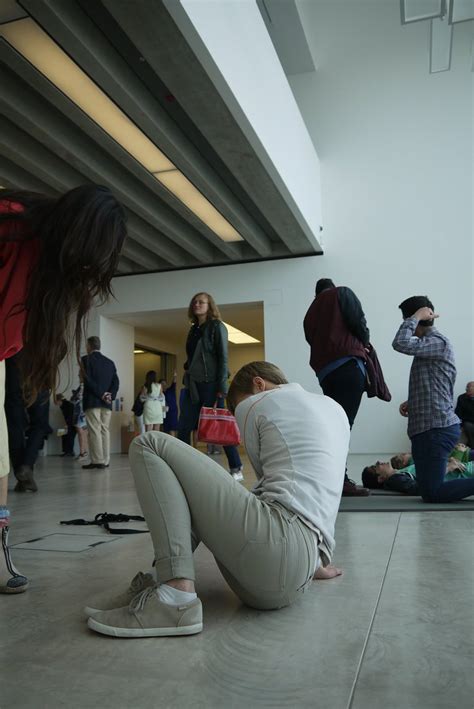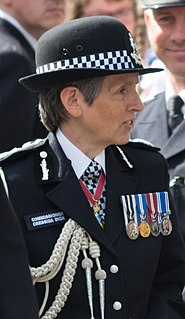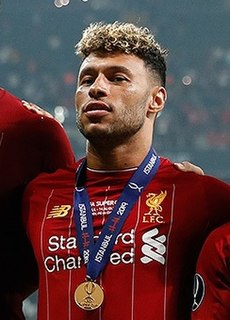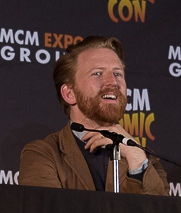A Quote by Timothy Olyphant
Sometimes, people aren't as consciously aware of their decisions as they should be.
Related Quotes
There is a sense that everything should be easy, but easy decisions are the ones we should be scared of because if they're easy then we're probably being sold something. This is why I'm worried about "nudge" - it's pushing people in the direction of what you think they should be doing. Easy decisions are dangerous ones.
There is usually a clock in our heads regarding decisions we make and the course of our lives. Sometimes this clock is helpful in that it get us to move rather than put off key actions. Other times, it creates us false sense of urgency that can cause us to overreact, lost patience and make poor decisions. In raising this issue in my book, I want people to be aware of the clock in their heads and question whether that clock is helping or hindering the quality of each particular decision.
That is the great thing about policing, you do have a lot of responsibility very early and you have got to make decisions, sometimes life and death decisions, very quickly and there is something about putting a uniform on and thinking 'people are looking to me to make decisions and to look after them' that makes you feel capable.
